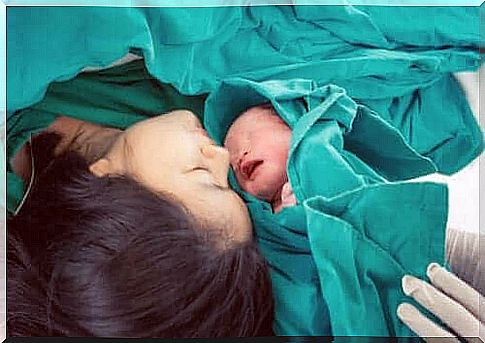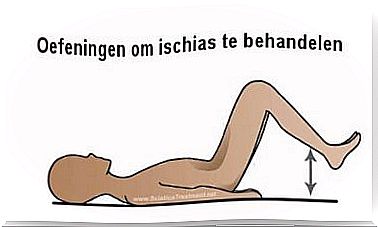Signs And Symptoms Of Premature Labor

Knowing how to spot the signs and symptoms of preterm labor is very important. This is because low birth weight can be very dangerous for your baby’s health. In this article, you’ll discover the signs and symptoms to watch out for in order to detect a preterm labor.
The risks of preterm labor

Not all women are at risk of preterm labor unless something happens to trigger it. Below we explain some of the circumstances where it is necessary to pay attention to signs or symptoms that may indicate preterm labor.
- History of Premature Birth. If someone in your family has already had a premature birth, you should pay more attention to this because you are more likely to have a premature birth yourself.
- Multiple Pregnancies. Carrying twins can increase your risk of preterm labor. In these cases, the pregnant woman should be closely monitored.
- Below normal weight. When expectant mothers undergo a weight check, it is because a lower than normal weight can lead to a premature birth. Therefore, following your doctor’s instructions is essential.
- Urinary tract infections. During pregnancy, you may have infections that need more control, as they can cause a premature birth.
Many other factors are associated with a greater risk of preterm birth. These are for example:
- a pregnant woman who smokes
- an altered amount of amniotic fluid
- a history of hypertension
Signs and Symptoms of Premature Contractions
Overall, there are some undeniable signs that labor is about to begin. If you experience any of the symptoms listed below, you should contact your midwife or doctor immediately.
- amniotic fluid leakage. If the mother notices this, she should immediately contact the midwife or doctor. This means that the membranes have ruptured, leading to the loss of amniotic fluid.
- Uterine contractions. Regular and frequent contractions, one every ten minutes, are a sign of contractions.
- Cramps in the uterus. If the contractions are still mild, you may feel some uterine pain that could be confused with abdominal pain, especially if accompanied by diarrhea.
- Changes in vaginal discharge. Increased amount or thickness, including changes in color, is another sign that it is important to contact your doctor or midwife.
If the woman is at risk of preterm labor, these symptoms should not be overlooked. Even mild low back pain or pressure on the genitals (as if the baby is pressing against it) can indicate an impending delivery.
The dangers of preterm labor

It is extremely important to pay attention to these symptoms. This is due to the high death rate associated with this type of childbirth. So go to the doctor at the first sign. This is essential to make sure you can avoid problems.
Also, certain health problems can be prevented, because the baby is not yet fully developed. Therefore, mothers at risk of preterm labor should avoid smoking (every pregnant woman should), get plenty of rest and maintain a healthy weight. You must take every precaution.
We hope this article has given you more information about the possible consequences of preterm labor. If you’re at risk of experiencing this yourself, pay close attention to the symptoms we’ve listed here.
A premature baby can get into a lot of trouble if he doesn’t get medical help soon enough. So if you experience mild back pain, pressure in your uterus, or changes in your discharge, see your doctor or midwife. It’s always better not to take any chances with your baby’s life, and your own.









